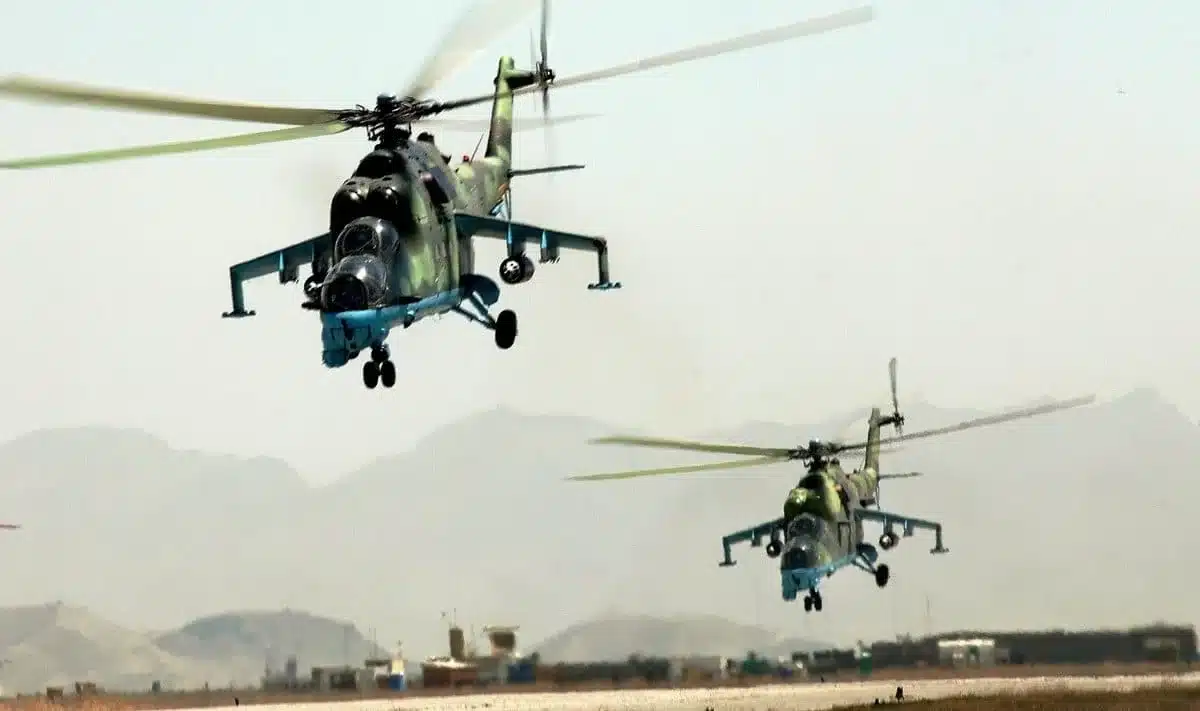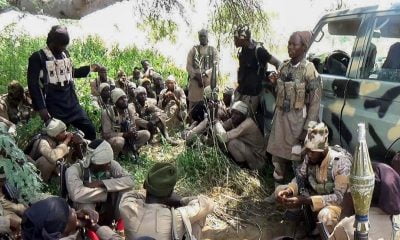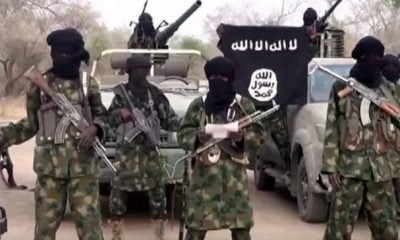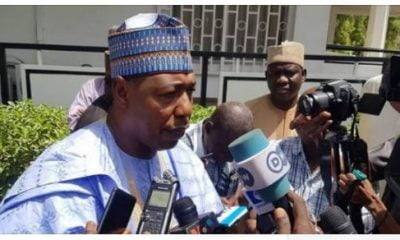Nigeria News
Military Eliminates Nigerian ISWAP Leader, Ba’a Shuwa

The Nigerian military has achieved a significant breakthrough in the northeast of Borno, eliminating the Nigerian leader of the Islamic State of West Africa Province (ISWAP), Ba’a Shuwa, along with numerous fighters during a major offensive.
Ba’a Shuwa served as the ISWAP leader for the Nigerian Wylayat, Lake Chad, Kwalfarji, Timbuktu Farouq, and Sambisa Mantika of the ISIS-affiliated Islamic State of West Africa Province (ISWAP).
Reliable sources, including Zagazola Makama, a counter-insurgency expert and security analyst in the Lake Chad region, have confirmed that the airstrikes on January 2, 2023, at Kwatan Dilla in Abadam LGA of Borno State, resulted in the death of Ba’a Shuwa and numerous fighters.
Vanguard News gathered from sources that the exploitation after the strike showcased footage of scores neutralising enemy elements and equipment.
In 2021, Ba’a Shuwa assumed the leadership of ISWAP following the death of Abubakar Shekau, who took his own life. Shuwa directed terrorist activities in various camps, including Chiralia, Markas Kauwa, Abirma, Buk, Abulam, Dusula, Abbagajiri, Gorgore, and others situated within the Timbuktu and Alagarno axes in southern Borno.
Among his key commanding officers were Khaid Hanzala, Ba’a Idirisa, Rawana, Abou Ibrahim, Mallam Abubakar, Abou Aisha, and Abou Khalid, who played a role in the recent attack on electricity towers along the Maiduguri-Damaturu highway.
Ba’a Shuwa and his terrorist groups were chiefly responsible for carrying out attacks, ambushes, and deploying IED/mines along roads such as Damboa, Damaturu-Maiduguri, Askira, Buratai, Buni Yadi, Buni Gari, Gaidam, and other areas in Borno and Yobe States.
These terrorists strategically hid in well-fortified locations beneath dense foliage and rocks, adeptly concealing and camouflaging themselves to avoid air strikes within the Timbuktu Triangle.








